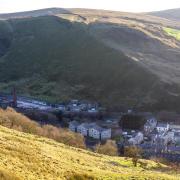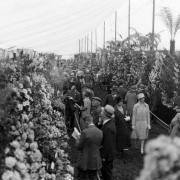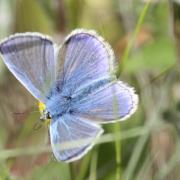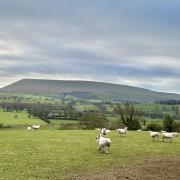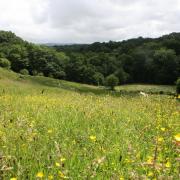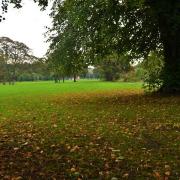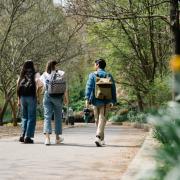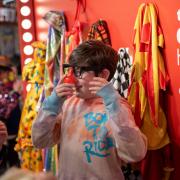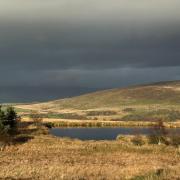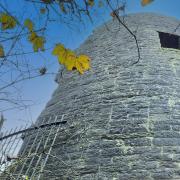Industry and art may not seem like natural allies but they have been paired together as part of the Festival of Making.

Nine artists have been assigned to businesses where they will collaborate with staff on factory floors to make new work inspired by their unusual studios. The resulting artworks will be revealed around Blackburn during the festival, on May 6 and 7.
The artists will enjoy an unprecedented level of access to staff, machinery, company archives and materials at businesses including Silentnight, Cherry Tree Bakery and Darwen Terracotta. Also taking part are MGS Plastics,fabric company Panaz, The Cardboard Box Company, clothing firm Cookson and Clegg, wallpaper manufacturers Graham and Brown and tissue paper company Roach Bridge Tissues.
Elena Gifford, co-director of the National Festival of Making and Creative Producer, said: ‘The manufacturing heritage of Lancashire isn’t a region that rests on its history as the heart of the industrial revolution, it continues to innovate and move forward. Through ‘Art In Manufacturing’ we’re creating an unprecedented link between successful, modern industrialists, the communities that surround them and big-thinking artists.
‘We’re aiming to develop further public understanding of the innovation, expertise and heritage that is often hidden behind the products that we buy, but also inspire people to consider their own experiences of making in different ways or to try something new. The resulting installations and performances will form an essential part of the festival experience.’
One of those installations will be completed by artist Jamie Holman, who is working at Roach Bridge Tissues in Samlesbury. The company is owned by Camilla Hadcock, who husband Charles is an acclaimed sculptor who has previously featured in Lancashire Life.
Camilla said: ‘It’s a very interesting juxtaposition, to pair artists with manufacturing businesses, both are creative, but they are very different so it will be fascinating to see the result of the artists’ work. I have not set any parameters, I wanted him to do what he wanted to do. He told us a bit about what he was aiming for but I suspect that has changed a little along the way.’
Camilla’s grandfather owned Roach Bridge papermill in the 1950s but the business – the last paper mill in England – went out of family hands and into administration in the 1990s. Camilla and Charles started the new business in late 1999, printing tissue paper which is now supplied as packaging for high end shops around the country, including Fortnum and Mason.
And Camilla added: ‘We are not one of the biggest manufacturers in the area but historically the mill was a big employer in the area. We are very small, there’s only a few of us on the factory floor and everyone has been very supportive of this project. Jamie has done a fantastic job of just getting on and working very happily with the staff. They have enjoyed showing him our processes.’
Jamie is a former pupil of Billinge High School and the Chelsea College of Art who now teaches at Blackburn College. He said: ‘It has always been important to me that the work I make stays rooted in our Lancashire heritage. I studied in London and started my art career there but I made the conscious decision to return to Lancashire as my work was constantly referencing Lancashire and it was the best decision I have ever made.
‘To have something like this on my doorstep was an opportunity I didn’t feel I could miss. I usually show my work everywhere except locally because that’s how the opportunities come along. I have recently had a show in London and I have work in the Tate.
‘I am interested in memorial and the history of place in a non-nostalgic way so the opportunity to work in one of the first mills and in a family company that has been around for about 150 years but that is really innovative, was ideal for me.’
Among the pieces he is working on is large light box piece and also smaller tissue pieces which will be given away around the town.
‘I think there has been a resurgence in art and culture in Blackburn in the last five years or so and I think the town can build on this,’ Jamie added. ‘There is a lot of local talent and perhaps in the future we will get to see more contemporary art spaces open in the town.’




